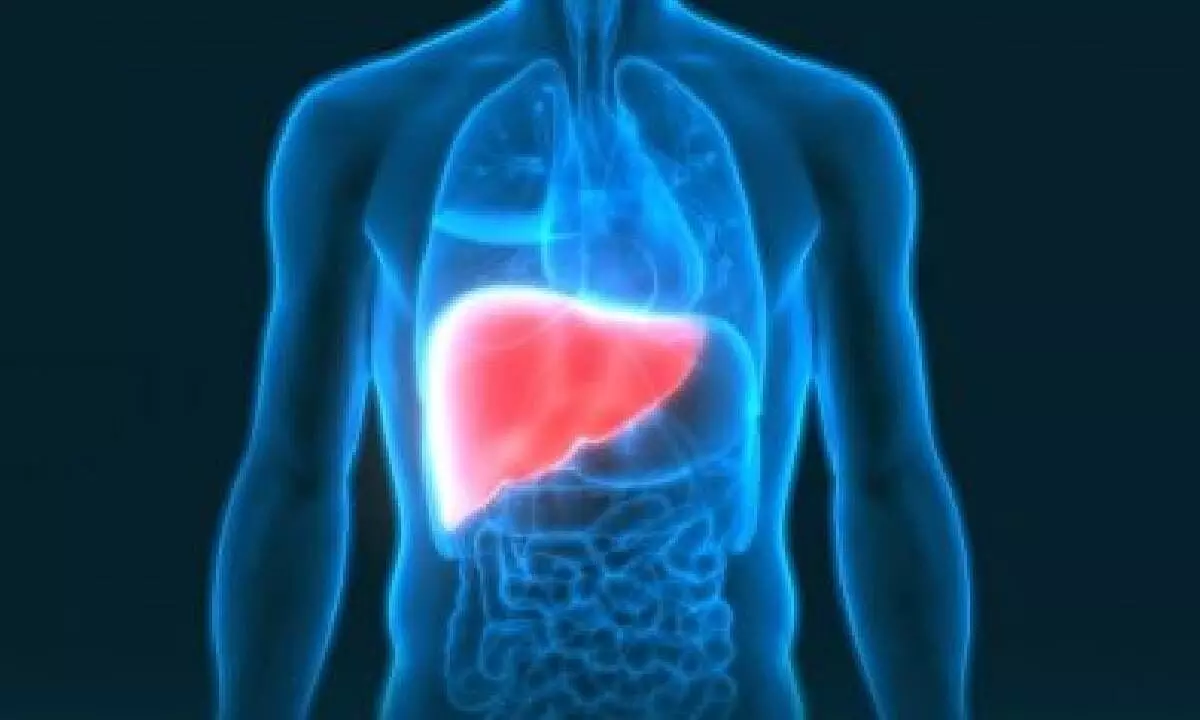Gene therapy offers potential new treatment for liver cancer
The team led by University of California-Davis discovered a gene therapy that induces the body to create microRNA-22 (miR-22)
image for illustrative purpose

New York US researchers have found that a type of gene therapy can someday help treat people with hepatocellular carcinoma - the most common form of liver cancer - and metabolic diseases like diabetes.
The team led by University of California-Davis discovered a gene therapy that induces the body to create microRNA-22 (miR-22), a naturally occurring molecule, aided in treating mice with hepatocellular carcinoma. The miR-22 treatment also reduced liver inflammation and produced better survival outcomes with no observable toxicity compared to the US FDA-approved liver cancer treatment lenvatinib.
“This research introduces miR-22 gene therapy as a promising and innovative approach for treating hepatocellular carcinoma,” said Yu-Jui Yvonne Wan, Professor from the UC Davis Department of Pathology and Laboratory Medicine.
“The study's findings suggest that miR-22 therapy could provide better survival outcomes, enhance anti-tumour immunity, improve metabolism and reduce inflammation.”
In the study published in the journal Molecular Therapy, the researchers explained that the miR-22 acts like a brake, stopping the production of certain proteins, including cyclin A, protein deacetylases and hypoxia-inducible factor -- all that can fuel liver cancer growth.

